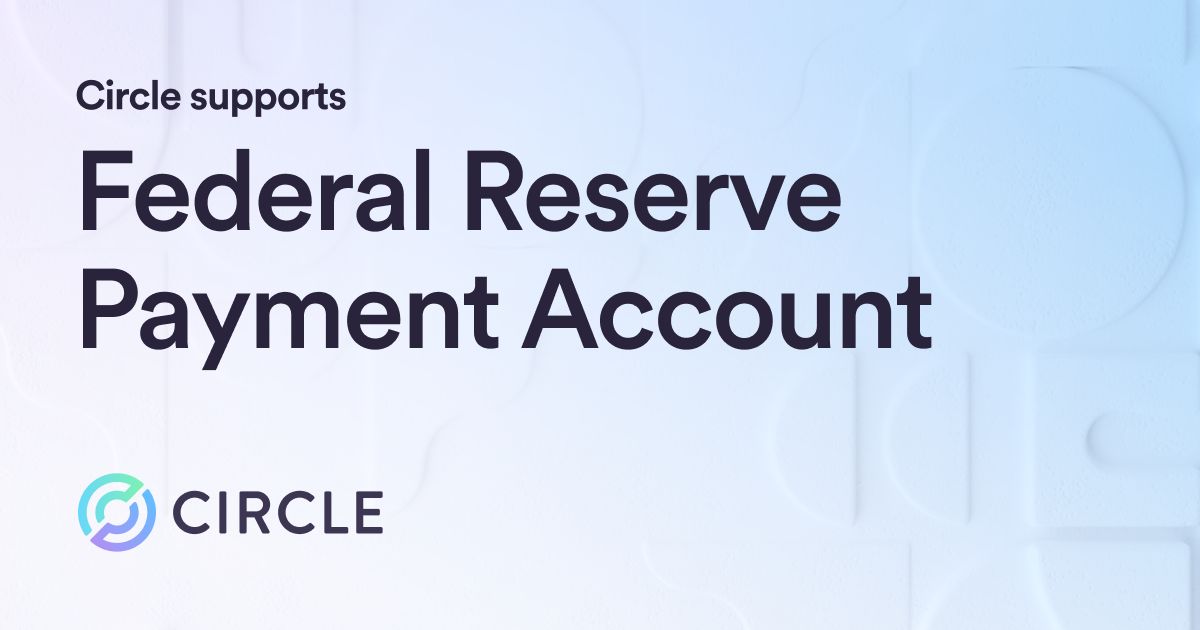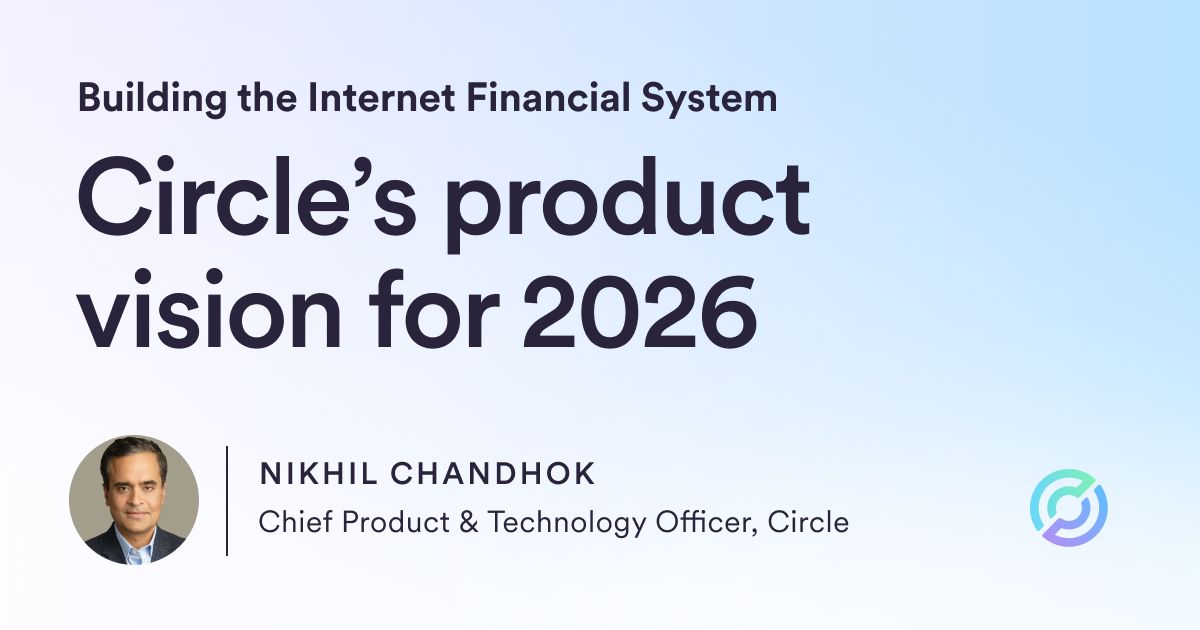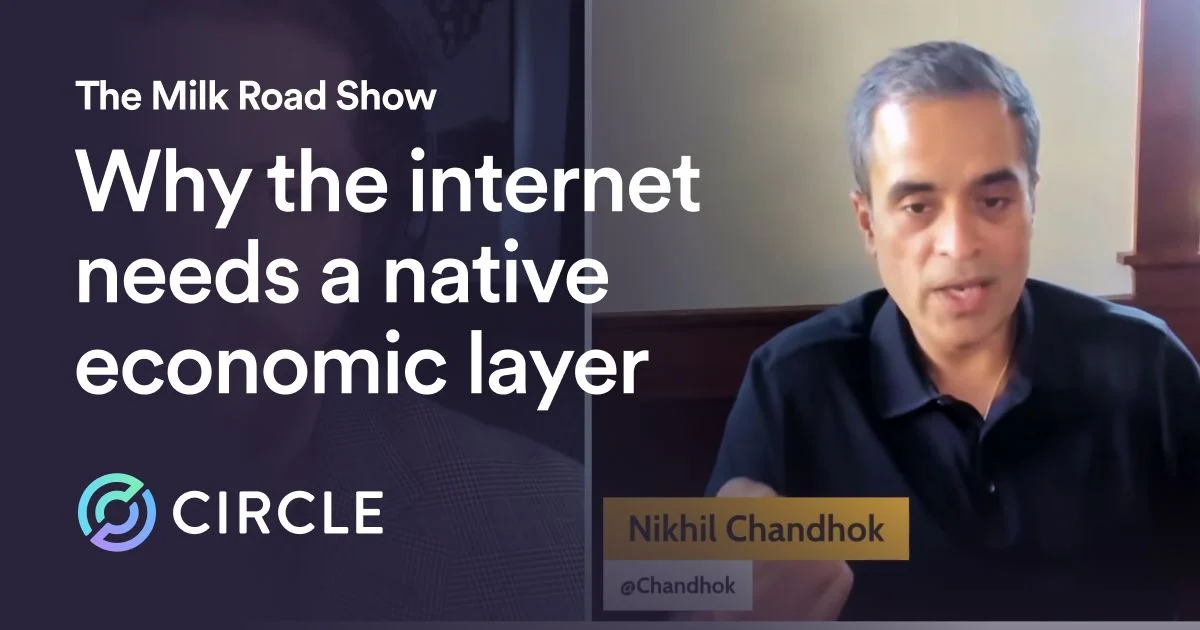Circle Impact announces Circle U, their digital financial literacy curriculum. It will launch at partner HBCUs as part of an effort to expand financial inclusion.

In November 2021, Circle launched Circle Impact. Circle has always been committed to raising economic prosperity for all; Circle Impact empowers us to execute real world projects and reach people and communities that have been excluded from traditional financial systems. Circle Impact operates with three core pillars:
- Cultivating Financial Inclusion
- Driving Digital and Financial Literacy
- Powering Humanitarian Aid & Disaster Relief
Cultivating Financial Inclusion
The world is an abundant place, but resources and opportunities have not always been equitably distributed. In November 2021, we pledged to allocate a share of USDC dollar-denominated reserves to Minority-owned Depository Institutions (MDIs) and Community Banks across America. These institutions are critical to the economic vitality and financial wellbeing of low-income and underserved individuals, families, and small businesses in the communities they serve. In many cases, MDIs provide people with loans to buy their first homes, capital to fund new businesses, and emergency funds. By placing USDC reserves in MDIs and Community Banks, we hope to strengthen their balance sheets and the communities they serve.
Since our pledge in 2021, we have deposited more than $1 billion in USDC reserves in Community Banks across the United States. Our partnerships with these institutions extend beyond the custody of USDC reserves. We also engage communities and partner on broader efforts related to financial inclusion and financial literacy while investing in community-based initiatives to promote access to low-cost financial solutions for underserved and unbanked communities. We have also continued our efforts to support underrepresented founders through venture funding and community pitch competitions.
Driving Digital and Financial Literacy
Digital and crypto assets are key to unlocking a long overdue transformation in commerce, but limited access and lack of digital financial literacy has created as many challenges as it has opportunities. The promise of wealth creation and the democratization of finance cannot be achieved unless consumers are equipped with the tools and information they need to make informed decisions about how to engage with financial technology. As a company, we have both an opportunity and an obligation to actively drive digital financial literacy through multiple partnerships.
This year we are launching Circle U. This repository of knowledge will provide a comprehensive overview of blockchain-based financial services, and subsequent e-learning that tackle hot-off-the-press issues. The curriculum began as an internal tool to educate Circle employees. It has since been expanded as a resource to help inform partners on topics and concepts related to crypto, while improving literacy and adoption of the technology. Featuring seven modules and assessments, Circle U materials cover fundamental concepts, including: the evolution of money, Bitcoin and blockchain technology, Ethereum and tokenization, layers and interoperability, Web3 and applications, policy and regulation, and a Web3 tutorial.
In addition, Circle has partnered with multiple HBCUs to roll out the curriculum on their campuses. With a goal of advancing digital financial literacy by giving students access to thoughtful and rigorous content related to blockchain and web3, students who successfully complete the Circle U curriculum will have access to early application opportunities for Circle internships and employment. The cohort of institutions using Circle U will expand significantly in 2023.
We have also continued our partnership with Rhodes Business School (RBS) in South Africa. Earlier this year, RBS launched the Entrepreneurial and Technological Empowerment Programme (ETEP), in collaboration with Circle. The program focuses on community engagement and digital financial literacy and is funded by the US Diplomatic Mission to South Africa as part of its Expanding University Partnership Initiatives. Circle and our partners will continue to expand our collaboration; this fall, RBS students will come to Washington, D.C. for an exchange program, with the opportunity to spend time with our CEO, Jeremy Allaire.
Powering Humanitarian Aid & Disaster Relief
International NGOs, U.N. agencies, and other development actors have been using stablecoins and other web3 tools to respond to humanitarian crises for years. With digital assets organizations can better track payments and ensure they go directly to intended recipients – especially when reliable institutional infrastructures, such as banks, are not available. These tools make donations more reliable, efficient, and inexpensive for wide-reaching organizations.
Circle Impact has been facilitating aid, development, and humanitarian interventions worldwide, spurring public-private partnerships to mobilize faster, corruption-resistant payments using USDC. During the pandemic, we worked with partners to distribute desperately needed aid to front-line medical workers in Venezuela as they battled coronavirus. In coordination with the U.S. government, we were able to leverage the power of USDC — and put millions of dollars directly into the hands of people fighting for the health and safety of Venezuelans. We are currently working to set up disbursement mechanisms to support hard to reach places like Ukraine and Afghanistan. Additionally, we have created a USDC disaster relief fund to help communities affected by deadly tornadoes and other recent crises.
These are important first steps in our impact efforts. And we are excited to do even more. With USDC we have the ability to embed not only efficiency, but also impact, in every financial transaction – making business as usual better, in every sense of the word.
Over the coming months, we will continue to fortify the pillars of Circle Impact by cultivating financial inclusion, driving digital financial literacy, and powering humanitarian aid and disaster relief with corruption-resistant real-time payments.
We will also improve as we apply lessons learned from better understanding our environmental impact, social influence, and corporate governance. With greater self-reflection and awareness, we are improving global remittance corridors and reducing friction of USDC transactions.
At Circle, we appreciate the vastness of human capacity and know it is only through rigorous, honest examination that the future will bend towards progress. As a company we are deeply committed to building more open, inclusive, and sustainable systems. We look forward to partnering with like-minded individuals and organizations to further these efforts.





